Our Members Asked:
Which supplements or OTC medications help reduce flatulence (gas), and are there any that make it worse?

Answer:
Flatulence, commonly referred to as "passing gas" or "farting," is a normal biological process the body uses to help get rid of small amounts of air that are swallowed or that build up during digestion. Conditions such as indigestion, irritable bowel syndrome, lactose intolerance, and others can cause excessive flatulence. Certain diet and lifestyle changes, including eating smaller meals, drinking and eating more slowly, avoiding certain foods, and exercising regularly may help reduce excessive flatulence.
Some supplements can help reduce gas by breaking down gas-producing carbohydrates, and some OTC medication may help relieve bloating and discomfort due to excess gas by making it easier to be removed from the GI tract. But there are also several supplements that can cause gas.
Sign in as a member to learn whether the following supplements or OTCs can help reduce gas, and which supplements may cause it: activated charcoal, alpha-galactosidase (Beano), berberine, digestive enzymes, krill oil, lactase enzymes, myo-inositol, medium chain triglyceride oil, nutrition bars, probiotics, protein powder and drinks, psyllium, saw palmetto and beta-sitosterol, and simethicone (Gas-X). Also, find out which common foods are likely to cause gas.
Join today to unlock all member benefits including full access to all CL Answers and over 1,400 reviews.
Join NowAlready a member? Sign In Here.
Join now at www.consumerlab.com/join/

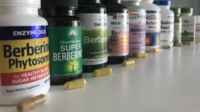
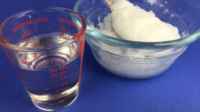
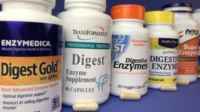

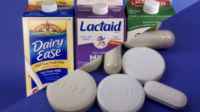


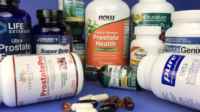
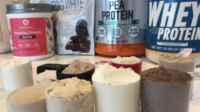
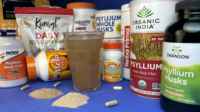
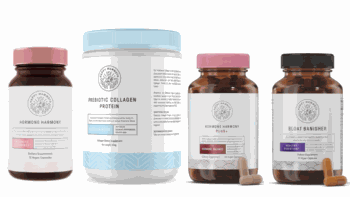





Submit your comment
This feature is restricted to active members.
Join now to add comments and get all member benefits, including over 1,400 reviews.
Join NowAlready a member? Sign in here.